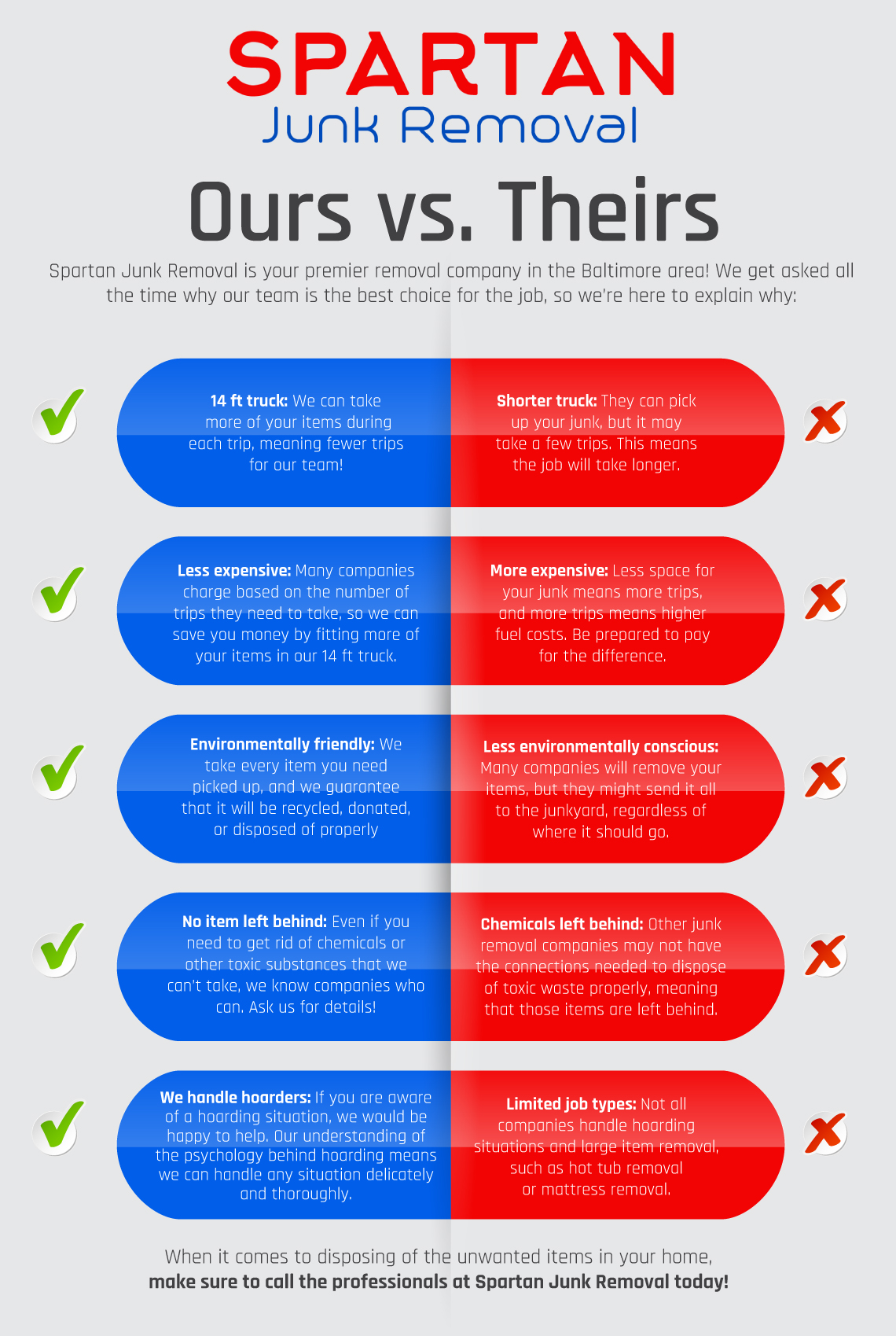Prior to you commit to renting a dumpster, there are important variables you need to take into consideration to prevent potential pitfalls and ensure a successful rental experience. From choosing the best dumpster dimension to complying with local policies and adhering to waste disposal guidelines, each action plays a crucial role in the process. By being notified and prepared, you can navigate the complexities of dumpster service with self-confidence and efficiency.
Dumpster Dimension Choice
When choosing a dumpster dimension, think about the volume of waste you need to throw away and the area offered on your property. It's vital to accurately approximate the quantity of particles you'll be disposing of to ensure you select a dumpster that can accommodate all of it. If you opt for a dimension that's as well little, you may end up requiring multiple journeys to the land fill or extra pickups, causing additional prices and aggravation.
On the other hand, choosing a dumpster that's also big for your requirements can be a waste of money and important room on your residential or commercial property.
To identify the appropriate dimension, analyze the kind and quantity of products you'll be dealing with. For small cleanouts or restorations, a 10-yard dumpster might be adequate. For bigger tasks like whole-home cleanouts or building, you might require a 20 or 30-yard dumpster. By examining your waste volume and available room, you can select the appropriate dumpster size to effectively manage your clean-up requirements.
Local Laws Recognition
To make certain a smooth dumpster rental experience, it's essential to know neighborhood policies governing garbage disposal in your area. Various cities and areas have certain regulations concerning where and exactly how dumpsters can be placed, what materials are permitted to be dealt with, and the needed authorizations for placing a dumpster on your residential or commercial property or the street. Failing to comply with these guidelines can result in penalties or various other charges, so it's important to acquaint on your own with the neighborhood needs before reserving a dumpster.
Some areas may have limitations on the sorts of materials that can be gotten rid of in a dumpster, such as hazardous waste or electronics. Additionally, there may be moving dumpster on the positioning of the dumpster, such as range from property lines or ensuring it does not block traffic or access to emergency solutions. Recognizing these guidelines in advance will assist you avoid any kind of concerns during your rental period and ensure a problem-free experience.
Make sure to consult your neighborhood waste monitoring authority or city authorities to get a clear understanding of the guidelines that apply to your area.
Waste Disposal Standards
Prior to you start throwing away waste in the rented out dumpster, it's critical to abide by certain standards to make sure appropriate and effective disposal.
First, segregate related webpage into classifications such as recyclables, organic waste, and general trash. This will make disposal much easier and extra eco-friendly.
Bear in mind any unsafe products that are forbidden from being dumped in the dumpster, such as chemicals, batteries, or electronic devices. These items need unique disposal methods to avoid harm to the atmosphere and public health.
Furthermore, stay clear of overfilling the dumpster past its capability limit, as this can position safety threats during transportation.
Recognize the weight restricts established by the rental business and avoid surpassing them to prevent additional costs or issues.
Final thought
Now that you recognize the essential tips for renting a dumpster, you can with confidence schedule one for your project. visit the following website page in mind to estimate the ideal dimension, follow regional policies, and adhere to garbage disposal guidelines to make sure a smooth and affordable experience. By being positive and educated, you can make the most of your dumpster leasing and effectively manage your garbage disposal needs.
